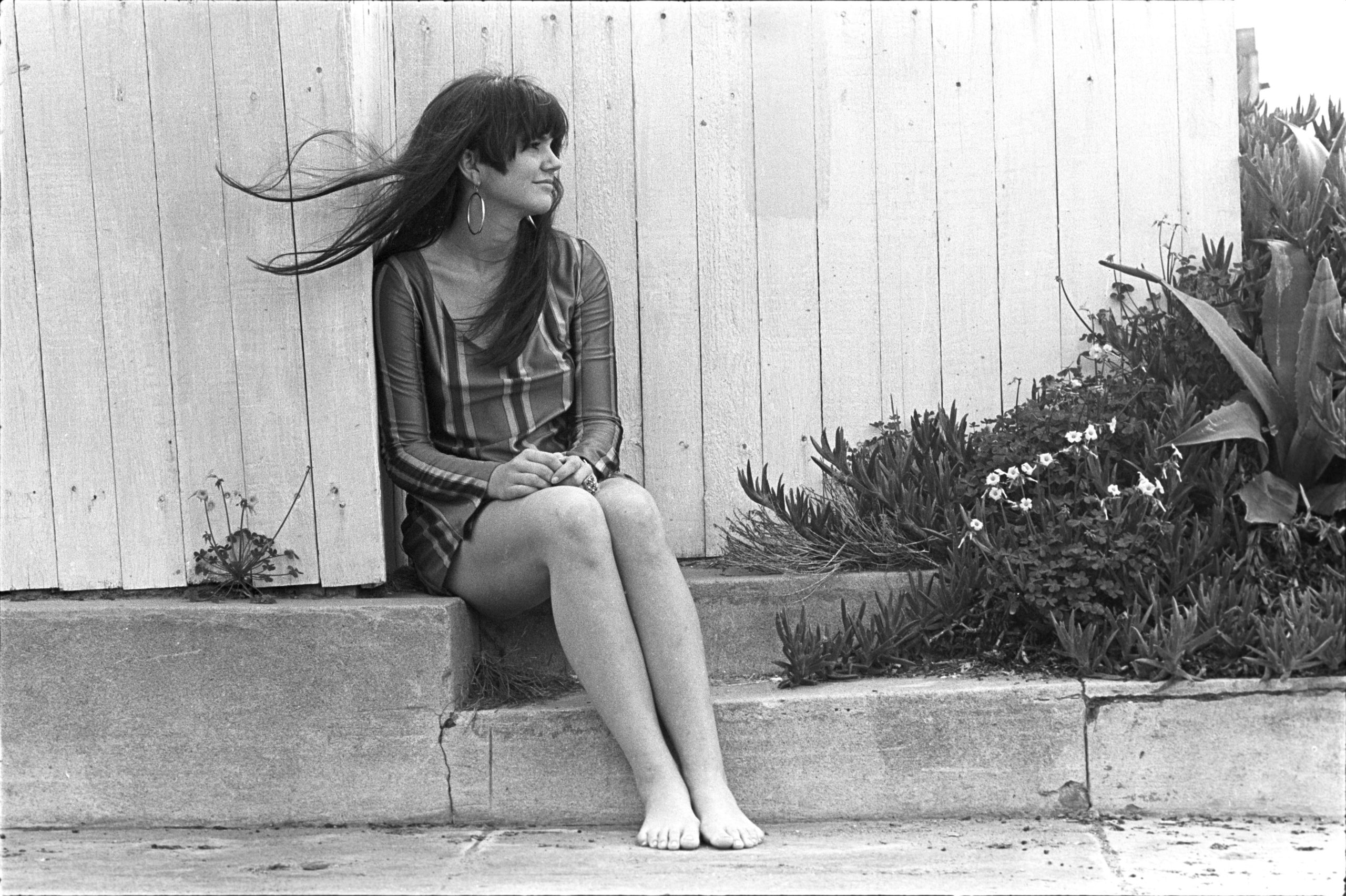
A Farewell Drenched in Grace: Letting Go with Poise and Quiet Strength
When Linda Ronstadt recorded “It Doesn’t Matter Anymore”, a Paul Anka-penned elegy originally made famous by Buddy Holly in 1959, she did more than reinterpret a pop classic—she distilled its heartache through her own singular voice, transforming it into a masterclass in resignation, tinged with both vulnerability and defiance. Released in 1974 as part of her breakthrough album “Heart Like a Wheel”, the song was not issued as a lead single, but its placement within the album’s tapestry speaks volumes about its role: it is the exhalation after heartbreak, the quiet resolve after the storm. While it didn’t chart independently, “Heart Like a Wheel” soared to number one on the Billboard 200 and yielded several hit singles, anchoring Ronstadt as a force who could bridge country, pop, and rock with uncommon elegance.
What makes Ronstadt’s rendition of “It Doesn’t Matter Anymore” so compelling is how she reclaims a song originally wrapped in male detachment and infuses it with emotional nuance. In Buddy Holly’s hands, the song is tinged with ironic detachment—he sings of heartbreak with an almost smirking finality. But when Ronstadt takes the reins, the lyric’s bitter resignation becomes tenderly human. “You go your way and I’ll go mine,” she sings, not with cold dismissal but with hard-earned grace. There is weariness in her phrasing—measured, unforced—that echoes the emotional realism so often lost in melodrama. She doesn’t beg for love’s return nor curse its loss; instead, she stands in that liminal space where sorrow doesn’t rage—it simply remains.
The arrangement further accentuates this shift. While Holly’s version leans on lush orchestration and brisk rhythm, Ronstadt’s treatment is stripped down—a sparse country-pop backdrop that allows her vocal to carry the emotional weight. Produced by Peter Asher, her longtime collaborator and architect of her ’70s sound, the track rests comfortably among others on “Heart Like a Wheel”, an album that expertly curated sorrow without wallowing in it. Steel guitar lines shimmer like distant memories, and gentle harmonies give form to solitude without ever turning maudlin.
In many ways, “It Doesn’t Matter Anymore” serves as a thematic coda to “Heart Like a Wheel”, an album concerned with love’s power to both uplift and unravel. By choosing to revisit this early rock standard—written for a voice silenced too soon—Ronstadt participates in an intergenerational dialogue of longing and loss. She doesn’t merely cover Buddy Holly; she communes with him. And in doing so, she reframes what it means to walk away—not with bitterness or vengeance, but with dignity.
This version isn’t just about closure—it embodies it. Here is the quiet heroism of someone who has loved deeply and now chooses peace over pain. That emotional intelligence is what separates Ronstadt’s interpretation from countless others: she understands that sometimes the most powerful goodbye isn’t screamed into the night—it’s whispered through melody.
And so this song remains—delicate but unbreakable—a gentle reminder that endings can be beautiful too.